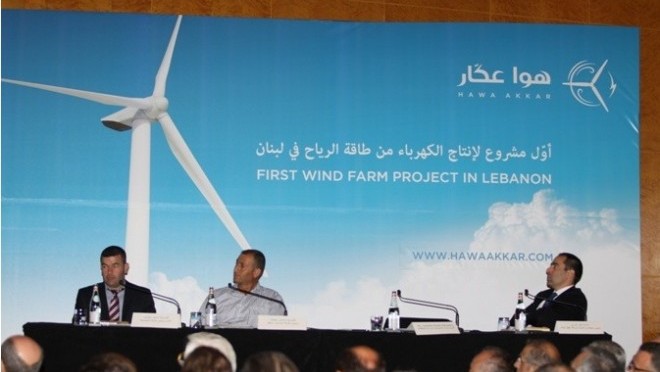Wind energy has emerged as a promising alternative to fossil fuels in the global quest for sustainable and clean energy sources. As countries around the world strive to reduce their carbon footprint and transition to renewable energy, Lebanon is no exception. The small Mediterranean nation has been grappling with an ongoing energy crisis, characterized by frequent power outages and a heavy reliance on imported fossil fuels. In light of these challenges, the Lebanese government has set ambitious targets for renewable energy, aiming to achieve 30% of its electricity production from renewable sources by 2030. Among the various renewable energy options, wind energy holds significant potential for Lebanon, offering a viable solution to its energy woes and contributing to a more sustainable future.
Lebanon’s geography and climate present favorable conditions for harnessing wind energy. The country’s coastal and mountainous regions boast high wind speeds, particularly in the north and the Bekaa Valley, making them ideal locations for wind farms. According to a study conducted by the Lebanese Center for Energy Conservation (LCEC), the country’s wind energy potential is estimated at around 6,000 MW, which could significantly contribute to meeting its energy needs and reducing its dependence on imported fossil fuels. Moreover, wind energy is a clean and sustainable source of power, generating electricity without producing harmful greenhouse gas emissions or contributing to climate change.
The Lebanese government has recognized the potential of wind energy and has taken steps to promote its development. In 2017, the Ministry of Energy and Water launched the country’s first wind power auction, inviting private companies to submit bids for the construction of wind farms. The auction resulted in the awarding of three projects with a combined capacity of 200 MW, which are expected to be operational by 2022. These projects, located in the northern region of Akkar and the southern region of Nabatieh, are set to become the first utility-scale wind farms in Lebanon, paving the way for further expansion of the sector.
In addition to government support, international organizations and development partners have also recognized the potential of wind energy in Lebanon and have provided financial and technical assistance to advance its development. The European Union, the World Bank, and the United Nations Development Programme (UNDP) are among the key stakeholders supporting the country’s renewable energy transition, offering funding, capacity building, and policy advice to help Lebanon achieve its renewable energy targets.
However, despite the promising prospects of wind energy in Lebanon, several challenges need to be addressed to fully realize its potential. One of the main obstacles is the lack of a comprehensive regulatory framework and clear policies to guide the development of the sector. While the government has taken steps to promote wind energy, further efforts are needed to streamline the permitting process, establish a transparent pricing mechanism, and create a level playing field for private investors. Additionally, Lebanon’s weak infrastructure, particularly its outdated and inefficient power grid, poses a significant challenge to the integration of wind energy into the national electricity system. Upgrading the grid and improving its capacity to accommodate variable renewable energy sources, such as wind power, will be crucial to ensure the successful deployment of wind energy projects.
In conclusion, wind energy holds significant potential for Lebanon, offering a sustainable and clean solution to its ongoing energy crisis. With favorable geographic and climatic conditions, strong government support, and international backing, the prospects for wind energy in Lebanon are promising. However, addressing the regulatory and infrastructural challenges will be essential to fully harness the potential of wind energy and pave the way for a more sustainable and secure energy future for the country.


